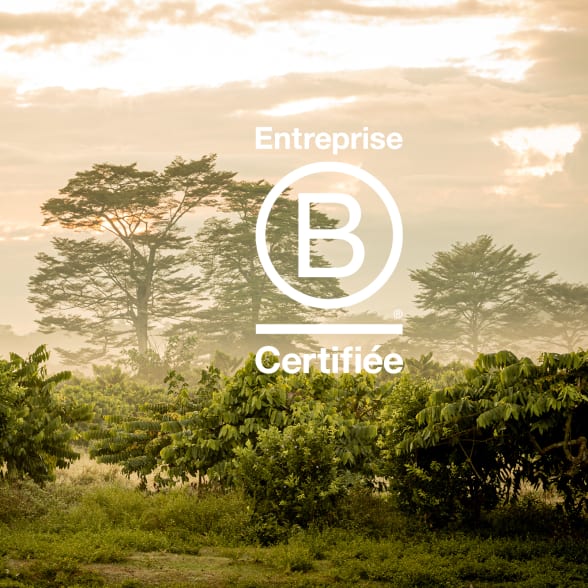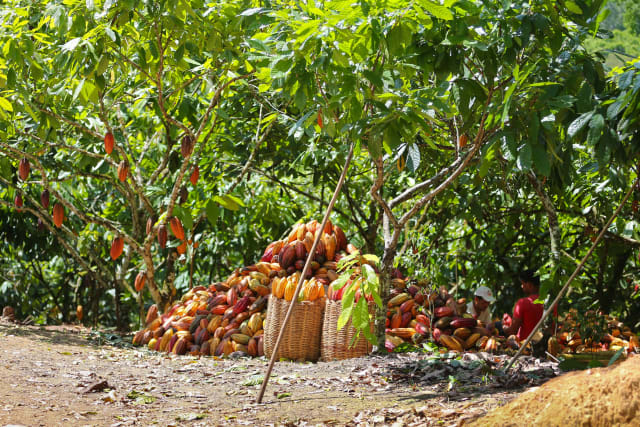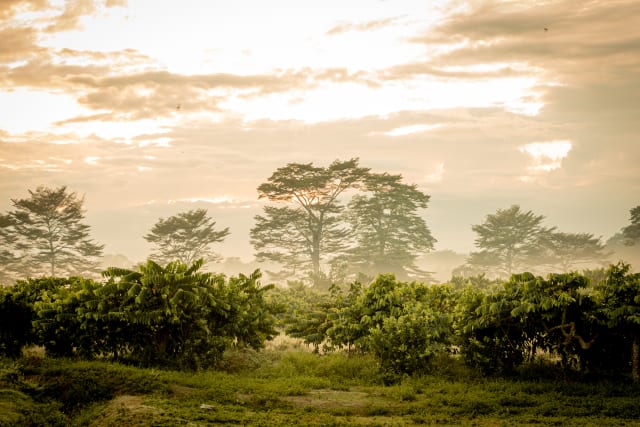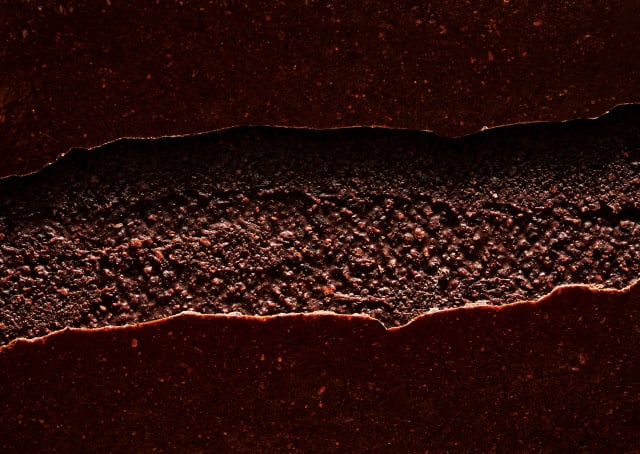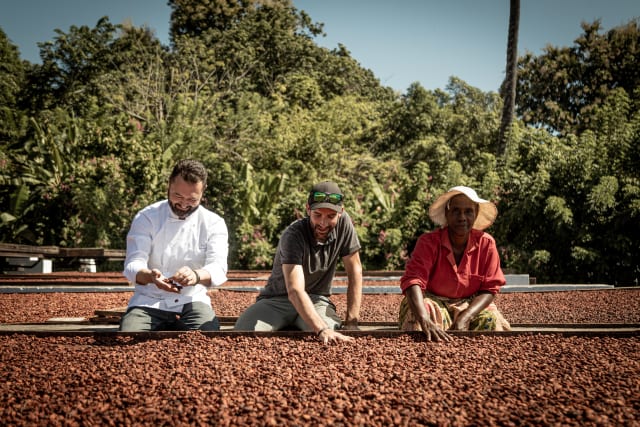Our Mission
Together, good becomes better
A partner of taste artisans since 1922 and a pioneer and specialist in the world of chocolate, Valrhona defines itself today as a company whose mission statement “Together, good becomes better” conveys the strength of its commitment. Together with its employees, chefs and cocoa producers, Valrhona brings out the best in chocolate to shift the status quo towards a fairer, more sustainable cocoa industry and gastronomy that tastes great, looks great and does great things for the world.
Building long-term partnerships directly with cocoa producers, sharing know-how and looking for the next chocolate innovation are the challenges that drive us to do better every day. Working alongside chefs, Valrhona promotes craftsmanship and supports them in their quest for uniqueness by constantly pushing the limits of creativity.
Choosing Valrhona means committing to responsible chocolate
All the cocoa beans that we use can be traced back to the producer which provides the assurance of knowing where the cocoa came from, who harvested it, and that it was produced in good conditions. Choosing Valrhona means committing to a chocolate that respects both people and the planet.
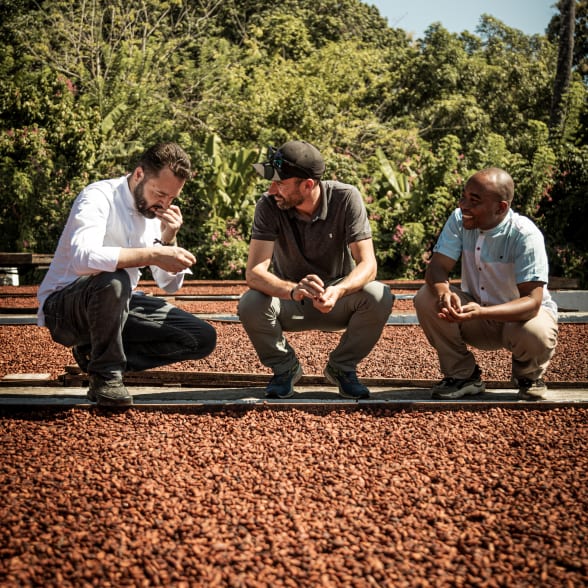
Our sustainable policies & certifications
In the Dedicated Area of our website, you can access our cocoa policies, certifications, and our previous sustainability reports for further insights into our commitment to sustainability since 2018.
Our Impact report
We are carrying out multiple actions that you can discover in our Mission report. These actions need to be more visible. But we alone will never be able to change the tide. It is our customers, artisans, chocolatiers, pastry chefs, chefs, and bakers who encourage fairer consumption every day. They are the ones who have the power to drive change by our side.
B Corp, a guide to building tomorrow.
Having been a certified B Corporation® since January 2020, Valrhona is proud to have secured this demanding certification for the second time in 2023.
B Corporation rewards the world’s most committed companies that put equal emphasis on economic, societal and environmental performance and that are committed to progress. This distinction emphasizes our sustainable development strategy, marked by the desire to co-build a model with a positive impact for producers, employees, taste artisans and all chocolate enthusiasts.
This makes Valrhona the world's largest B Corporation®-certified manufacturer of chocolate for professionals.
